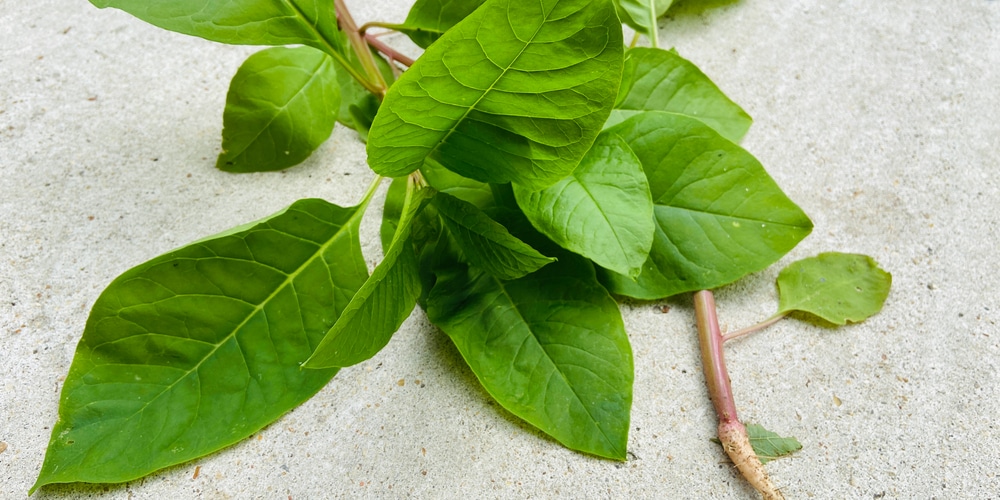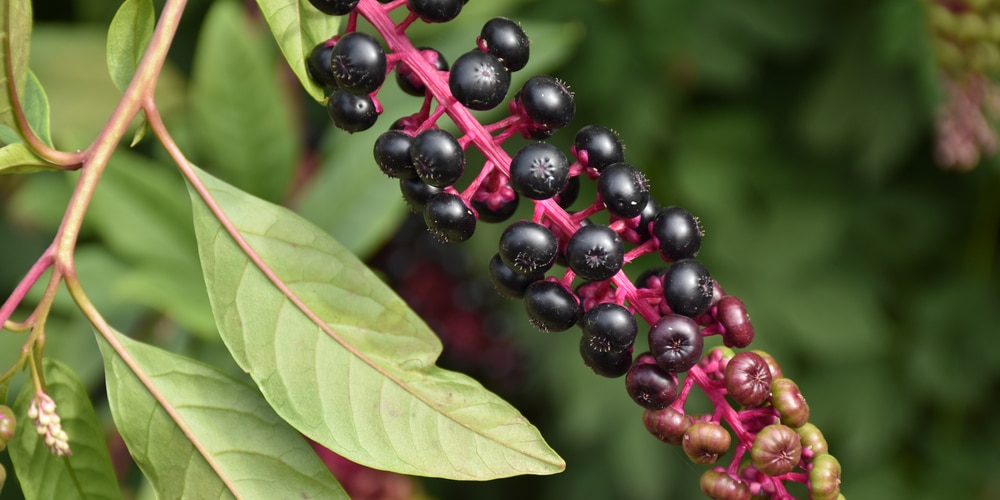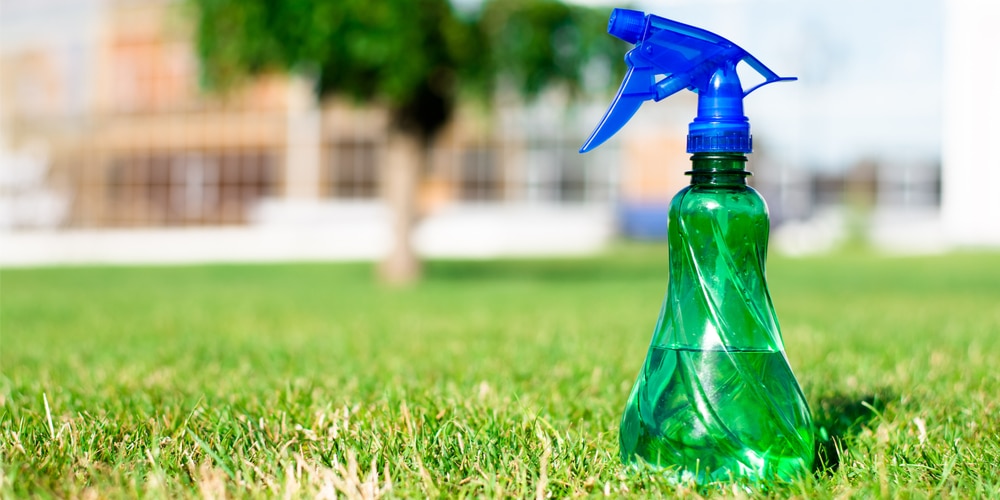Do you have a garden? Are you wondering will vinegar kill pokeweed? Then, you must know what it feels like to deal with weeds! Some can be so hard to remove that they might harm your lawn and overcome your yard.
For this reason, you should remove any plant that shouldn’t be growing in your garden as soon as you notice it. But some types of weeds are not only invasive and aggressive.
For instance, pokeweed contains toxic sap that can cause a rash and be fatal when ingested. So, for the safety of your family members (and friends), you’ll need to ensure you remove it from your garden.
While you can use chemical solutions, we always recommend trying non-chemical methods first. They might take more time to be effective, but they won’t harm your plants or beneficial pollinators. But will vinegar kill pokeweed?
And what else should you know about removing this plant from your garden? Keep reading this essential guide we put together for you if you want to find out!
What is Pokeweed?
Pokeweed is an herbaceous plant native to North America. Over the centuries, local populations used it as a “cleansing” medicine as it provokes diarrhea and vomiting. Gardeners hate this plant because of its aggressive (and fast) spreading habit.
Indeed, each pokeweed plant will produce up to 50,000 seeds in a lifetime. And if you don’t take action to remove it from your garden, this plant will remain active for up to 40 years.
Will Vinegar Kill Pokeweed?
If you live between USDA hardiness zones 2 and 11, you may have to deal with pokeweed. But don’t despair: if you do things the right way, you won’t have to suffer too much in the process!
As we mentioned, we recommend you try organic solutions before applying herbicides to avoid harming your garden. And one such solution includes creating a mixture of salt, vinegar, and dish soap. But let’s clarify: such a solution will only kill superficial pokeweed (it must be above the soil).
And because this weed spreads so fast, you should take action to eliminate it from the roots. To do so, you can saturate the soil with the mixture. However, due to its high acidity, doing so might burn your substrate.
Instead, consider taking other measures! Jump to the following sections to get some inspiration about ways to kill pokeweed.
Alternatively, you can try applying distilled vinegar, which will burn the roots of any pokeweeds. Spray the solution on the weed every couple of days until you remove it.
Removing Pokeweed by Hand
One of the most effective methods to get rid of pokeweed is to remove it by hand. However, such a solution will only work if there isn’t too much of it around your garden.
Also, be careful! You must wear adequate protection and use suitable tools to avoid harming yourself.
Wear protective gear: long sleeves, pants, gloves, and even eye protection are must-haves when handling pokeweed. You can never be too careful! This plant’s sap can cause several issues, and you’ll have to avoid them.
Don’t forget that removing pokeweed by hand will be more effective early in the season. Indeed, if you allow it to grow too much, the taproot might develop so much that it will become impossible for you to dig it out from the soil.
After you pull pokeweed from the ground by hand, you must take the soil. Doing so will alter the compactness of the substrate and contributes to stopping pokeweed from overgrowing.
Apply A Suitable Herbicide
Even if we said that it would be better to eliminate pokeweed with non-chemical solutions first, we understand that you may want to get immediate results.
And if you need to remove it fast, there isn’t a better way than applying a suitable herbicide. You can use Roundup, but there are also other products out there you can try.
Glyphosphate is a powerful chemical that you can spray on the soil or apply to the leaves of the plant. Remember that it is a non-selective herbicide: it may harm other plants!
Will Vinegar Kill Pokeweed: Final Thoughts
Don’t forget to follow the instructions you find on the label and avoid overusing the product. Even too much of a good thing can harm your garden! Be patient and wait for the chemicals to take effect. You won’t achieve better results overusing herbicides!
Related article: Does Vinegar Repel Ants?



